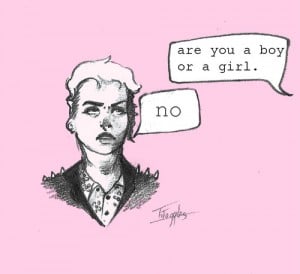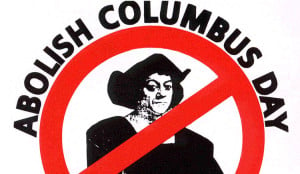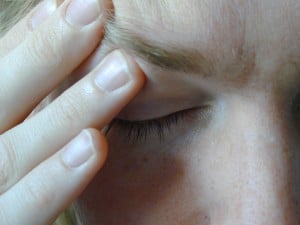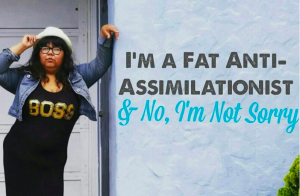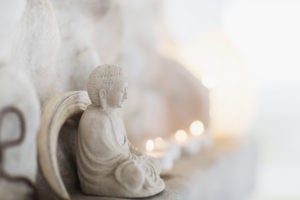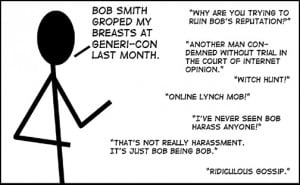BRYAN: My name is Bryan Stevenson. I’m 53 years old. I live in Montgomery, Alabama in the United States. I’m an attorney that does human rights work in the Deep South.
I was told that I could never go to the public school system because I was black. I was told I could never go to college because I was black. I was told I would never be a professional lawyer because I was poor. I was told that I didn’t come from a family that was good enough and strong enough to have the kind of opportunities that I have been able to enjoy.
That reality is what shaped me, in a lot of ways. I always knew that my people were as good as anybody’s people. My community was as good as anyone’s community. There was as much dignity and love and compassion and commitment in my poor, rural black settlement as there was in the most esteemed and respected communities that someone could identify.
When I think about the issue of poverty, I think about the psychic and social impact it has on people who live next to great wealth. I do believe that much of the poverty we experience in the world is created by structures. It’s created by the way we think. It’s created by the way we don’t engage in a problem-solving.
That’s why I believe that the opposite of poverty is not wealth. I don’t think the answer to poverty is just creating wealth. I think the opposite of poverty is justice. When we commit ourselves to justice, we actually create opportunities for reducing poverty. Deconstructing poverty requires a commitment to justice.
I’ve met a lot of people about whom I could say they may never get out. They may always be a threat to themselves or others, but I’ve never met anybody about whom I could say this person is beyond redemption, beyond hope, beyond the possibility of restoration.
Because of that, I don’t believe we should be engaged in killing. One of the first cases I ever worked on where the man was executed, was a man we jumped in at the last minute. He couldn’t find a lawyer. I tried to stop the execution, and every court I went to said, “Too late.”
On the night this was scheduled to be executed, I went down to be with him. The conversation we have is a conversation I’ve never forgotten. He said to me, “It’s been such a strange day, Bryan.” He said it over and over again. He said, “When I woke up this morning, the guard said to me, ‘What do you want for breakfast?’ At midday, they came to me and said, ‘What do you want for lunch?’ In the evening, they said to me, ‘What do you want for dinner?'”
He said, “All day long, people had been saying, ‘What can I do to help you? Can I get you stamps to mail your letters? Can I get you water? Can I get you a coffee?” I’ll never forget this man saying to me on those last few minutes, he said, “Bryan, more people have said, ‘What can I do to help you?’ in the last 14 hours of my life than they ever did in the first 19 years of my life.”
Holding his hands, I couldn’t help but think, “Yes, where were they when you were 3 years old being physically abused? Where were they when you were 7 being sexually abused? Where were they when you were 9 and 10 experimenting with drugs? Where were they when you were 14, homeless, and roaming the streets with no place to go?”
With those questions resonating in my mind, this man was pulled away. The hair was shaved off his body, he was strapped in the electric chair and he was executed. There was no question in my mind that we did something profoundly immoral, profoundly unjust and profoundly at odds with human dignity and human rights when we executed that man.
For me, the death penalty is really about overcoming our impulses that are bad, that are negative, that are destructive, and elevating those impulses within all of us that recognize compassion, that recognize redemption, and recognize restoration.
The death penalty is a distraction from an important human journey that gets us closer to each other, gets us closer to human compassion and understanding. Eliminating it just eliminates one more roadblock to the destination I think we have to get to, which is more justice, more mercy, and more compassion.








